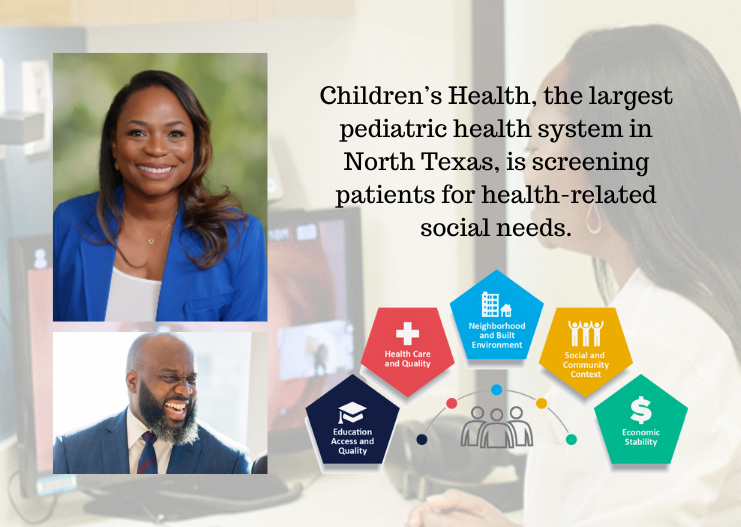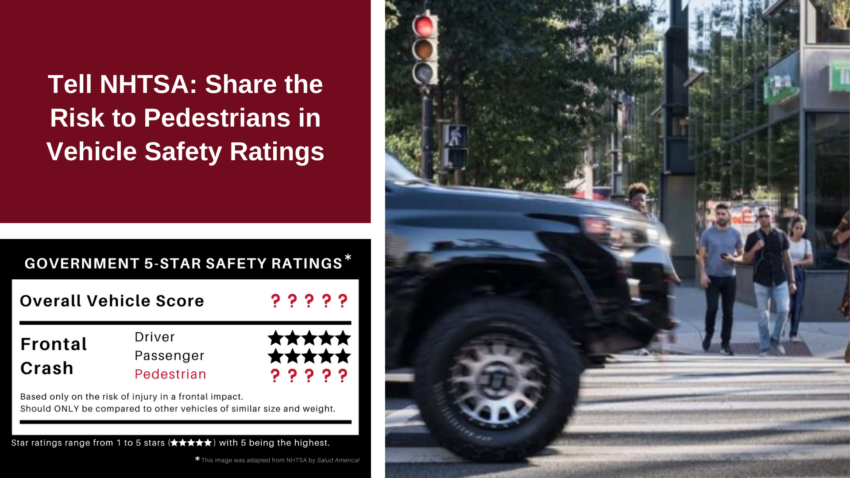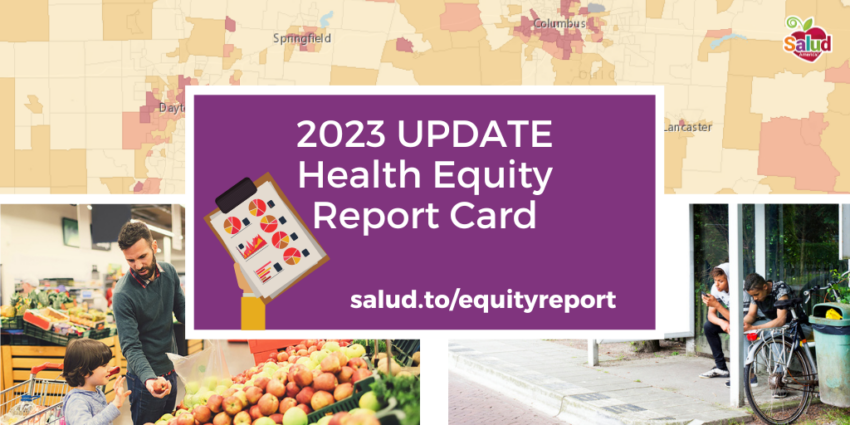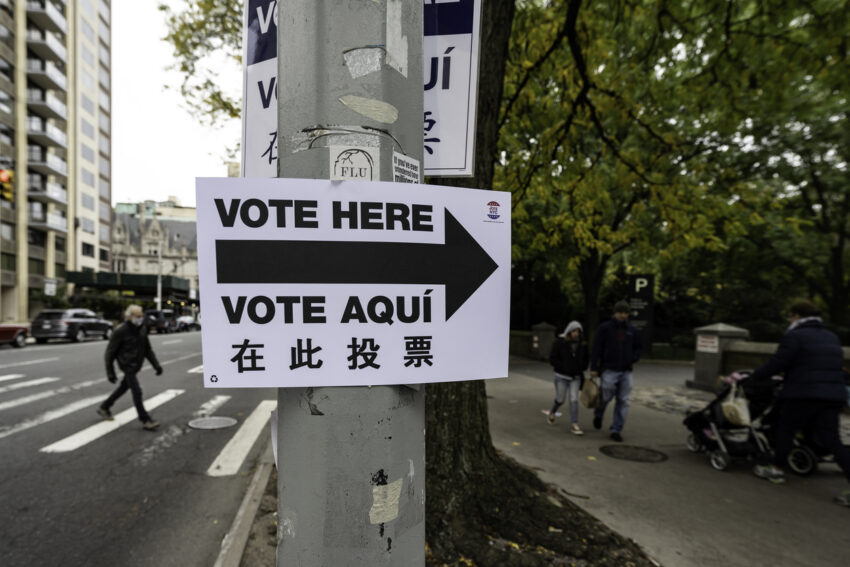Updated Federal Guidance on Traffic Crash Reporting – A Missed Opportunity to Improve Safety

In December 2023, the National Traffic Safety Administration (NHTSA) released the sixth edition of the Model Minimum Uniform Crash Criteria (MMUCC). The MMUCC is a voluntary guideline of standardized data for state and local agencies to collect on motor vehicle crashes. This can help compare crash trends across and between states and guide the design and assessment safety countermeasures and their effectiveness. Earlier in 2023, NHTSA had sought public comment on their revisions to the fifth edition of the MMUCC. Roughly 500 comments were submitted, most by Salud America! members. Unfortunately, it is unclear how NHTSA considered the solicited comments. Because the MMUCC is a voluntary guideline rather than a rule, NHTSA is not required to publish a summary of comments ...
Read More







